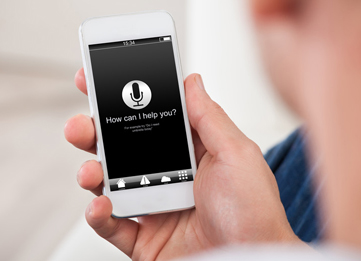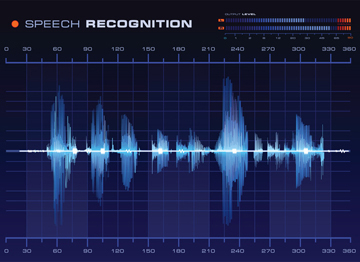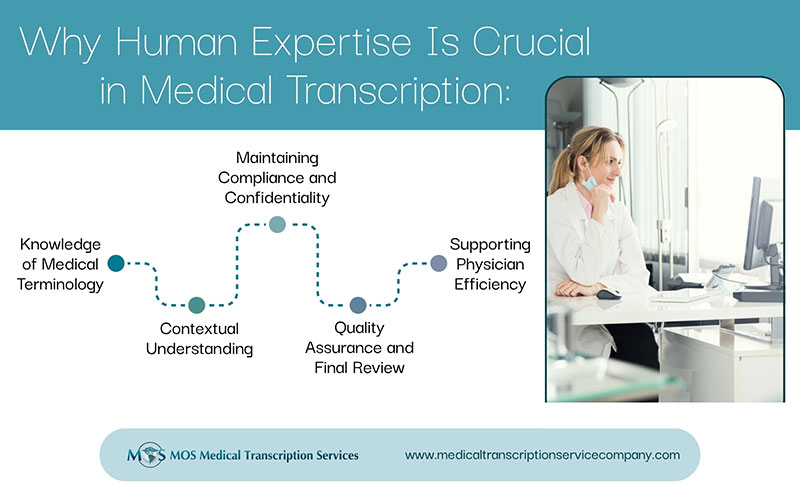This is an update on the September 26, 2016 blog “Google Gears up To Improve Speech Recognition Capabilities.”
With several reports indicating that physicians are spending more time on EHR documentation than caring for patients, the search engine giant Google is coming up with solutions to improve time-consuming transcription process. While most hospitals consider outsourcing medical transcription, speech recognition (SR) or voice recognition technology also has an impact on the healthcare industry.
Google is considering whether the voice recognition technologies already available in Google Assistant, Google Home, and Google Translate could be used to document patient-doctor conversations, which help doctors to transcribe notes more quickly.
According to the company’s latest research paper, “Speech Recognition for Medical Conversations”, it was found that it is possible to build Automatic Speech Recognition (ASR) models for transcribing medical conversations. To meet this goal, researchers developed a system along two different methodological lines – a Connectionist Temporal Classification (CTC) phoneme based model and a Listen Attend and Spell (LAS) grapheme based model.
It was found that the LAS model is quite robust to noisy transcripts and does not require a language model. The phoneme-based CTC model, on the other hand, only works well when a significant data cleaning effort is undertaken, and a matched language model is developed for the domain. While CTC model achieved a word error rate (WER) of 20.1% the LAS model achieved 18.3% WER. While the current ASR solutions focus on transcribing doctor dictations or single speaker speech, Google’s model is designed to handle multiple speaker conversations covering everything from weather to complex medical diagnosis.
 The pilot study investigated the types of clinically relevant information that can be extracted from medical conversations to assist physicians in reducing their interactions with the EHR. The study is fully patient-consented and the content of the recording will be de-identified to protect patient privacy. The company plans to prepare a study on working with physicians and researchers at Stanford University to gather more information on how speech technology can assist in physician note-taking. This study aims at developing a “digital scribe” that helps streamline clinical documentation for physicians. Stanford University’s research in 2017 has found that scribes produced significant improvements in overall physician satisfaction, satisfaction with chart quality and accuracy, and charting efficiency without detracting from patient satisfaction.
The pilot study investigated the types of clinically relevant information that can be extracted from medical conversations to assist physicians in reducing their interactions with the EHR. The study is fully patient-consented and the content of the recording will be de-identified to protect patient privacy. The company plans to prepare a study on working with physicians and researchers at Stanford University to gather more information on how speech technology can assist in physician note-taking. This study aims at developing a “digital scribe” that helps streamline clinical documentation for physicians. Stanford University’s research in 2017 has found that scribes produced significant improvements in overall physician satisfaction, satisfaction with chart quality and accuracy, and charting efficiency without detracting from patient satisfaction.
Google representatives say, “We hope these technologies will not only help return joy to practice by facilitating doctors and scribes with their everyday workload, but also help the patients get more dedicated and thorough medical attention, ideally, leading to better care.”
Medical transcription services are an option that can lighten the workload of clinicians. When it comes to the global medical transcription market, key trends that were noted not only includes the rise in the shift to the adoption of speech recognition technology, but also the rise in demand and adoption of cloud-based medical transcription services.


